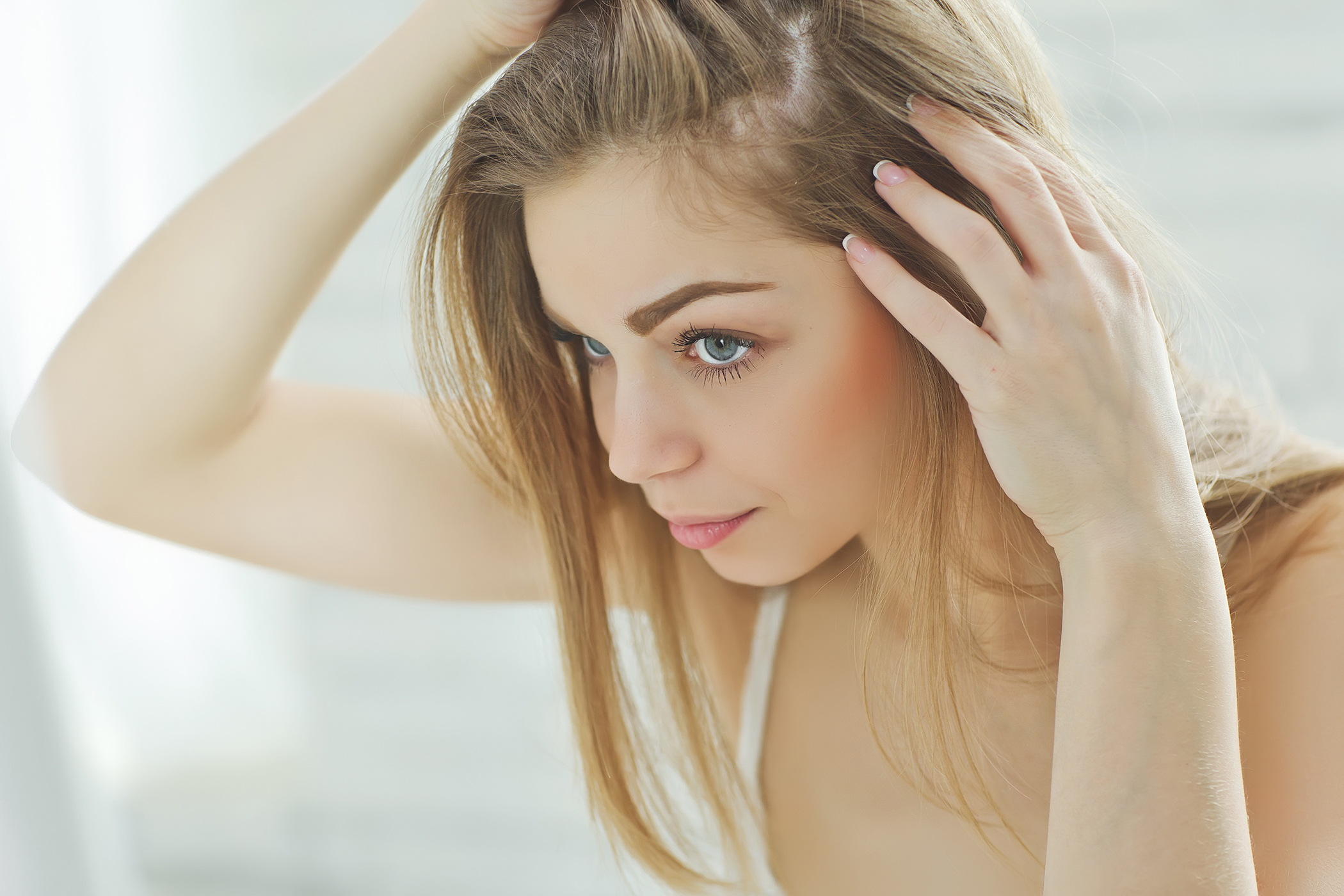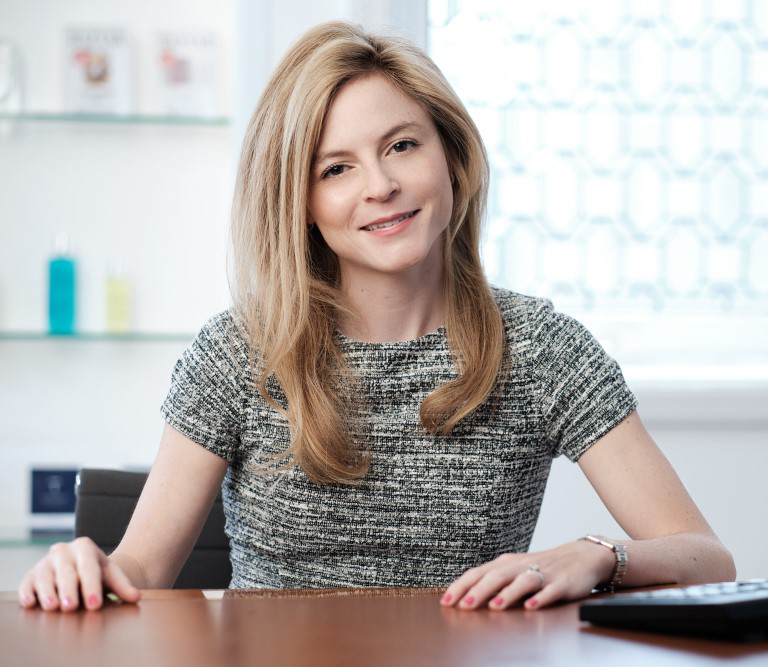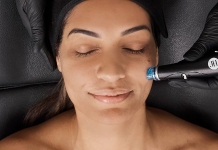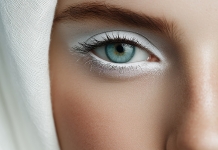Research shines light on women's hair loss fears
British women have revealed their fears about hair loss, with over 40% currently experiencing hair loss or hair thinning and three quarters admitting that they are really worried about suffering from hair loss or thinning in the future.
The survey by hair and scalp specialists Philip Kingsley revealed that London is the most affected region in the UK, with 77% of women experiencing hair loss. Philip Kingsley has shone a light on British women's feeling towards hair loss and hair thinning unveiling that 52% of women feel self-conscious about their hair loss, along with feeling less confident (42%), embarrassed (35%) and less feminine (31%).
These feelings have a direct impact on women's day to day lives, with 90% thinking about hair loss at least a few times a day. This has impacted their confidence with 40% saying they feel less confident to go out to social events with friends, and over half (55%) noting they would avoid having their photos taken.
British women also revealed that nearly a third (30%) felt that hair thinning impacts them the most, followed by a visible scalp (20%) and a further 19% are affected most when they see excess hair shedding, on the floor, pillow or in the shower.
The pressures of modern living are also contributing to women's hair loss and hair thinning, with almost three quarters (73%) stating that they feel their stress is giving them thinner locks. 33% felt their use of hair dye is the biggest contributor, with another 23% believing that the ingredients in the shampoo they use are hindering their hairs potential.

Outside of products, British women are making sure their diets are suited to their hair growth, with over half (51%) noting that nutrition plays a part in their hair care routine, although 23% of respondents still had no idea that nutrition was so intrinsic to hair health.
On the conversation of hair loss
Philip Kingsley Brand President and Trichologist, Anabel Kingsley, notes:
“Women are in the grip of a hair loss pandemic. Hair loss in women has always been a common problem. But the problems have been exasperated over the past few years because of immense psychological and physical stressors including Covid-19, the modern-day pressures experienced by women, women not having time to prioritize self-care, and women not having their health prioritized by others. All of these factors have had a negative impact on hair growth and daily hair fall.
“As hair is non-essential to physical survival, it is the ultimate and unfiltered reflection of our nutritional status and overall wellbeing. I see so many women experiencing hair loss resulting from dietary inadequacies that have stemmed from self-deprivation, not nurturing themselves with balanced, fresh and wholesome meals, as well as from misinformation on what healthy eating looks like. I also consult to women each week with undiagnosed and untreated Iron, Ferritin, Vitamin B12 and Vitamin D deficiency and/or hormonal imbalances which are worsening both shedding and density changes.
“On top of this, women feel pressure to have-it-all and do-it-all, sending cortisol levels rocketing – which affects their strand's growth and health. Ultimately, there has been the perfect storm for hair loss.”
 Consultant Trichologist Anabel Kingsley offers tips on how to take control of hair loss and preserve the hair you have:
Consultant Trichologist Anabel Kingsley offers tips on how to take control of hair loss and preserve the hair you have:- Self-advocate, speak up and seek help. There is always a reason for hair loss and always something that can be done to help. Women apologize for being ‘vain' when they voice concerns about losing their hair. Actually, hair loss is never trivial. Our hair forms a major part of our identity and is incredibly important to our mood, self-perception and day-to-day confidence.
- Eat a balanced, colourful, varied and seasonal diet rich in energy, proteins, healthy fats, Vitamin B12, Zinc and iron. To help ensure your hair is getting all of the nutrients it needs to grow to its best ability, take hair-specific nutritional supplements. Hair cells are the second fastest growing cells the body makes so they are very needy. Couple this with the fact that although hair isn't physically essential, it is a tissue with incredibly high and unique nutritional requirements. Strands therefore benefit from extra helpings of certain vitamins, minerals and proteins.
- The health of your scalp plays a vital role in hair growth. Everything from scalp inflammation and microbial imbalances to genetics and hormonal sensitivities can impact the health of your hair follicles, and the hairs that emerge from them. Use daily topical products to help stimulate and protect your scalp from both internal and external aggressors.
- Know what your hair loss products are doing and what you can realistically expect from them. Leave-on topical products can make a lasting difference to your hair growth cycle, the rate of hair shedding, and the health of your hair follicles. Wash-off formulas, such as shampoos, conditioners and sprays, will help with instant aesthetics and breakage.
Philip Kingsley
0207 237 7100

-(1)-13444.jpg)



-13446.jpg)


